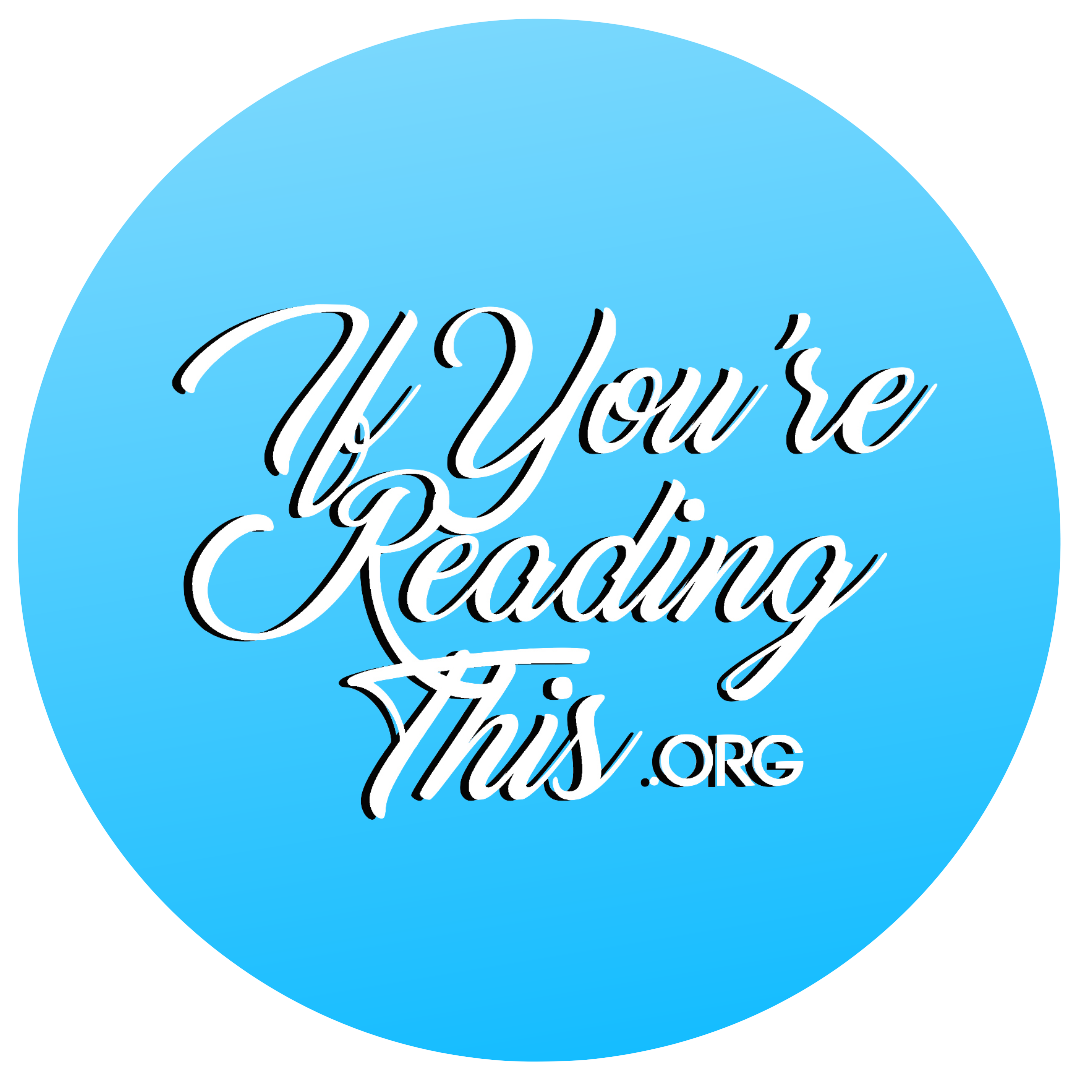Dear Reader,
Lorea Z.’s letter includes experiences of suicidal attempt and suicidal ideation. We advise those who may be triggered by these topics to exercise caution when reading this letter.
Sincerely, the IfYoureReadingThis Team
If you’re reading this, your mental health journey deserves the same care and compassion as everyone else’s.
Coming into CC, I had exactly one goal: to not kill myself during college. This seems easy enough, but it was ambitious given my history with mental health and suicidal ideations. I didn't know it then, but I had struggled with bipolar disorder since childhood. I barely made it to 18 and, until recently, didn't see a future past 25.
This explained why all the help I received for depression and anxiety wasn't effective. It validated why I knew that something was wrong but couldn't help feeling like I was faking it – I bounced back more quickly than those I knew with depression. My depression worked differently, cyclically. One therapist called my depression 'atypical' when I was 15. I wonder if she knew I was bipolar and didn't want to diagnose me so early, or because she simply had no answer. Finally I saw a psychiatrist, where I practically begged for medication because I just couldn't keep living like this and left with a mood stabilizer prescription, feeling like a puzzle piece had finally fallen into place.
I called my mom crying and she told me to "not advertise" it. I told my roommate, and she said, "makes sense." I told another (former) friend, and he said, "no you're not, you don't act bipolar," as if I hadn't just exhibited extremely manic behavior a few weeks past, directly followed by an intense and deep depression.
I appreciated the response to my diagnosis saying it made sense, because it did. The parts of my life that had never made sense were easily explained by my bipolar diagnosis.
I made a decision that day, even after being advised against advertising my new realization — perhaps partially out of spite, to yell about bipolar from the rooftops. I’d been doing it for years about anxiety and depression at my highschool, ruffling feathers in my attempts to achieve better mental health care and reduce stigma. I chose to do the same for bipolar, but it became obvious rather quickly that the inadequate scaffolding I had leaned upon for my mental health advocacy in high school didn’t even exist for bipolar. I felt like there was suddenly a two-way mirror between myself and the rest of the mental health positivity movement. I could see it and all the progress it was making, and it was bittersweet. Witnessing the acceptance and care people were suddenly receiving (or were able to seek) was wonderful, but it was difficult knowing that this would only go so far, and that it didn’t exist for me. Some bipolar symptoms are received differently than those of less stigmatized disorders, including increased promiscuity, god-complex, hallucinations/psychosis, substance abuse/addiction, overspending to the point of debt, spontaneous life-decisions (moving, ending long-term partnerships, etc…), and more.
The hardest pills to swallow about my diagnosis were not the effects of bipolar on my life expectancy or likelihood of suicide, nor was knowing that no matter how good it may get, it might get worse instantaneously. The most difficult part was hearing from people who cared about me that my bipolar scared them or that it was too much for them. I was the one to comfort them and prove I had it under control. Meanwhile, I had to pretend that I'm not the one most affected every day, but rather someone else who may witness a particularly bad episode. I started announcing my bipolar diagnosis early to save myself some pain.
You cannot pick and choose which parts of a person to love, but sometimes people try. If you are someone with bipolar, all of you is lovable, even the ugly, “scary,” etc., parts that can’t be categorized with acceptable symptoms and struggles. Some people are biased no matter what, but if they’re worth your time, they’ll overcome those biases. I’ve come to realize I am not responsible for other people’s reactions to my diagnosis.
If you've been diagnosed with a mental illness that's slipped under the cracks of the recent positivity and acceptance movement, have a mood or personality disorder, or have one of the illnesses that villains in horror movies are said to have, then I'm here to say your mental illness does not decide whether you are good or lovable. It does not mean you are inherently scary or less worthy of love. I'm not here to say it doesn't define you because truthfully, a personality disorder or a mood disorder has likely defined you; however, it might not forever, and that definition might not be so bad.
For every "bad" person with bipolar, there are so many more people who have learned nothing but empathy and kindness through their struggle and many more who've learned how to communicate well or take accountability for their actions because they’ve had no choice but to face their worst selves and enact personal change.
I'll never be grateful for my bipolar and I'll never pretend it's some gift in the disguise of a curse. If you’re reading this, whatever you may be struggling with has nothing to do with how good you are or how worthy of love you are. You are worthy of sufficient mental health care for all your symptoms and struggles.
Lorea Zabaleta, Colorado College ‘23
FOLLOW @IFYOUREREADINGTHISCC TO STAY UP TO DATE ON NEW LETTERS AND EXCITING UPDATES
AUTHOR CONTACT
This author has opted to allow readers who resonate with their story to contact them. If you would like to speak to the author of this letter about their experience, please use the form below.


